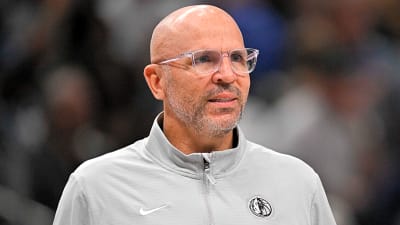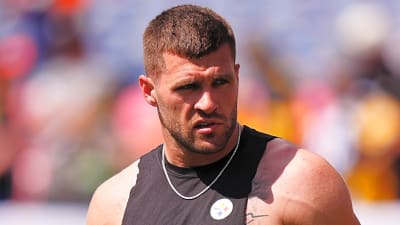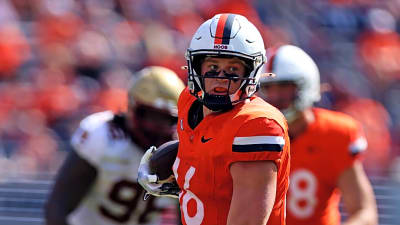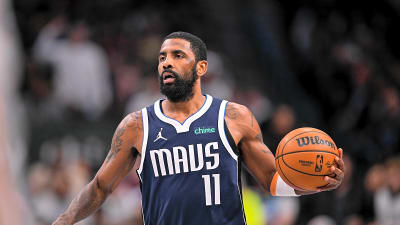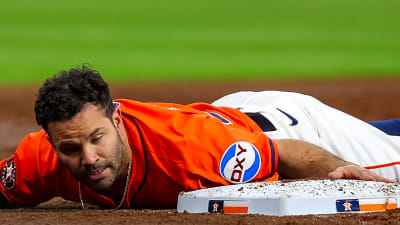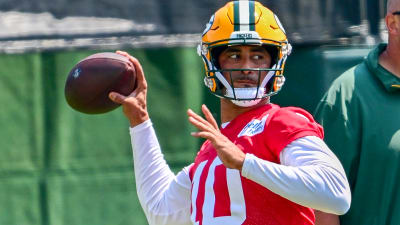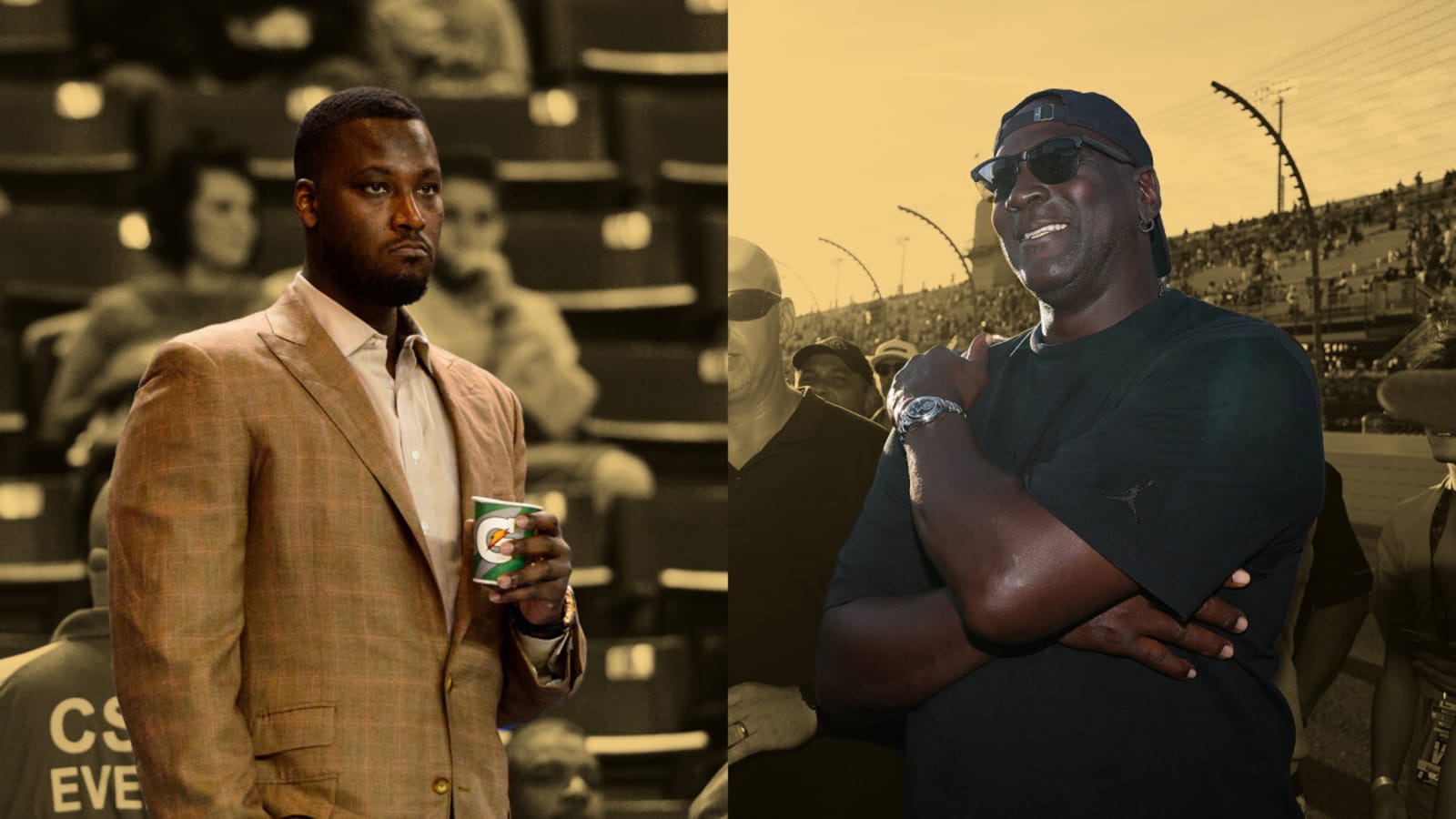
In 2006, Michael Jordan became a minority owner of the Charlotte Bobcats. The six-time NBA champion did not waste time and quickly got involved in the team's decision-making, specifically in signing players.
Understandably, the Bobcats brass wholeheartedly trusted MJ's experience, and they believed he had the makings of a good executive. That said, Jordan and the Bobcats selected Adam Morrison as their third overall pick in the 2006 Draft, a decision they eventually regretted after the Gonzaga alum failed to live up to their expectations.
In 2009, the Bobcats dealt Morrison to the Los Angeles Lakers, and Jordan addressed the issue in front of the media. As expected, people likened Morrison's situation to that of Kwame Brown back in Washington, strongly suggesting that MJ was a terrible talent evaluator. However, "His Airness" fired back and firmly enlightened them.
"It's a gamble," Jordan said via ESPN. "Even with Kwame Brown. If we don't take Kwame Brown at No. 1, he's going at 2. No matter how you look at it, everybody has him on their radar as the top pick. We just so happened to be the top pick, and we chose him. It didn't pan out, and we will take the brunt of that. We understand that. It's the risk that you take."
Kwame never lived up to MJ's expectations
Indeed, Brown's tenure with the Wizards was marked by unfulfilled potential and high expectations, particularly due to the fact that he was selected as the No. 1 overall pick in the 2001 NBA Draft. Despite the immense promise that came with this selection, Brown's performance rarely reflected the caliber of a top draft pick, and he struggled to make a significant impact during his time with the team.
Kwame's poor showing ultimately led to disappointment among the Wizards faithful, including the team's star and part-owner, Jordan. Today, "Coffee" is often cited as one of the most notable busts in NBA history.
Jordan openly acknowledged the mistake in their draft choices, while also emphasizing a poignant reality in the NBA. As per Mike, the public often focuses on the negative and failures and tends to overlook or undervalue the positives.
Nevertheless, Jordan remained unfazed and kept moving forward. For MJ, a couple of bad draft picks wouldn't define their franchise, and selecting players is a big "gamble" after all.
"I think we've grown from it. I've grown from it, and hopefully, down the road, when you make a choice, you try to make a better choice. People are going to point out the mistakes. Very rarely do they point out the successes. I understand that. It's part of the game," the NBA icon explained.
"Mistakes are going to be made," he pointed out. "A lot of times, things don't pan out. D.J. Augustin is panning out. I thought Jared Dudley was a great draft pick. There are a lot of picks that other teams have made, that we have made, that just haven't panned out. It's a gamble sometimes."
MJ's approach was a blessing and a curse
Many are well aware of Jordan's abilities as a player but only little had been said and written about his qualities as an executive. And most of them were negative. However, Hornets assistant general manager Buzz Peterson witnessed what many didn't know about MJ the executive firsthand.
Buzz has been one of Jordan's most trusted friends, having developed a great friendship with "His Airness" during their time as UNC Tar Heels. As per Peterson, some might not know, but MJ was all about winning, even as a team executive.
However, Buzz noted that Jordan tended to be stubborn sometimes and refused to listen to advice, simply because he saw things from a winner's perspective. The way Peterson described it, it was like Jordan's unique approach was both a blessing and curse.
"The guy wants to win, and no matter what. And he is such a competitor," Peterson once told The Athletic of Jordan as an owner. "To say we are trying to work with these young guys, get them better and work and develop these guys — at the same time, Michael says, 'I hear ya. But let's win. I want to win.'"
"And he wants to win in the worst way. It just drives him crazy when we don't, and so when we don't and when he thinks we should've, that's when the cell phone rings, and he wants a lot of questions answered right away. And sometimes that doesn't help, either. He doesn't want to listen," he added.
All told, some may still slight Jordan for picking Kwame and Morrison, but this only illustrates the challenging nature of leadership on an executive level in the NBA, where decisions are constantly analyzed and critiqued.
Sadly, these criticisms overshadow the successes and positives sometimes. But unsurprisingly, Jordan proved that he can handle it.
More must-reads:
- Jazz call draft prospect's bluff with No. 5 pick
- Tre Johnson's draft outfit had analyst comparing him to famous guitarist
- The 'NBA's No. 1 draft picks' quiz
Breaking News
Trending News
Customize Your Newsletter
 +
+
Get the latest news and rumors, customized to your favorite sports and teams. Emailed daily. Always free!
